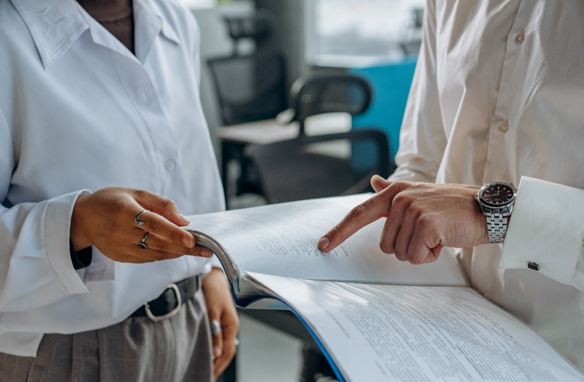Self-assessment is the method used by the UK’s HMRC to collect income tax from people who are self-employed or have other sources of income besides regular employment. The procedure involves disclosing your earnings and expenses to HMRC (either online or in-person) by completing a tax return. This process can be daunting, leading many to delay it until the last minute, often resulting in errors or late submissions. The most effective way to mitigate these challenges is by consulting a self-assessment accountant. As a chartered accountant specialising in this area, a self-assessment accountant can offer you invaluable advice to make the process more straightforward.
Here are some strategies that can simplify your self-assessment:
Meet your deadlines
If you’re submitting your self-assessment online, remember that the deadline is January 31, the same day your tax payment is due. To ensure you can meet this deadline and have the necessary funds, start working on your tax return at least a few days before—or even much earlier if possible.
Start early to eliminate stress.
You can file your tax return as soon as April 6 for the new tax year. Get it out of the way early so that you can focus on other aspects of your life and business for the rest of the year. A self-assessment accountant can help you get an early start, removing any guesswork and ensuring everything is done correctly.
Submit accurate information
Entering incorrect information is another common pitfall of the self-assessment process, which could result in penalties. To avoid this, keep meticulous records throughout the year. Maintain both electronic and physical copies of all invoices, receipts, and other relevant documentation. This will be especially useful if HMRC decides to look into your tax affairs. A self-assessment accountant can assist in keeping your books accurate and up-to-date.
Choose the right professional help.
The benefits of hiring a self-assessment accountant go beyond just filing your tax return. They can also take care of your accounting and bookkeeping, enabling you to focus more on your business operations. What’s more, their fees are tax-deductible, making it a cost-effective solution in the long term.
Your path to simpler self-assessment
If you require professional assistance, we at Allenby Accountants are specialists in self-assessments. Feel free to call us at 0208 914 887 to get started on making your self-assessment process a breeze. With the right guidance, you can save time, avoid penalties, and concentrate on growing your business.














